
12 minute read
NF2 Research Updates
The NF2 Accelerator Initiative
One year ago, on the occasion of World NF2 Awareness Day, the Children’s Tumor Foundation announced the establishment of a significant research initiative dedicated to finding effective treatments for NF2, along with a substantial investment of $2.3 million in this bold new effort. Called the NF2 Accelerator Initiative, this three-year undertaking is dedicated to bringing active NF2 treatments to the clinic (and patients) by expanding the clinical drug pipeline for NF2, improving drug selection through the development of innovative testing models, and the development of gene therapy options that address the underlying genetic causes of NF2.
The NF2 Accelerator Initiative is actively creating opportunities in these three areas:
Expanding the Clinical Drug Pipeline for NF2
• Leveraging the discovery and knowledge that came from CTF’s team-science Synodos for NF2 project, we are participating in and co-funding an upcoming phase 2 clinical trial using Brigatinib.
• Offering Drug Discovery Awards to researchers and institutions focused on the next phase of NF2 clinical candidates.
• Offering Young Investigator Awards to early-stage researchers to invest in the expansion of understanding of the processes that drive NF2. These awards will be announced later in 2020.
Improving Drug Selection for NF2
• Expanding the research on NF2 animal models in order to provide better understanding of how different manifestations of NF2 develop over time.
• Developing image-based animal models for vestibular schwannomas to combat the limited availability of preclinical resources that allow for efficient drug testing.
Investing in Gene Therapy for NF2
Much of NF2 drug discovery and development is primarily focused on inhibiting the processes that are activated as a consequence of the loss of the NF2 gene. CTF has invested in gene therapies in the past, but in 2019 commited to funding a very exciting gene therapy proposal that has the ability to be a real treatment option for patients with NF2.
To support the NF2 Accelerator Initiative, please visit: ctf.org/endnf2
NF2 Accelerator Initiative Research Grants
In 2019, CTF launched the NF2 Accelerator Initiative, which included a request for applications for new NF2 drug-testing proposals. We are pleased to share the news of two grantees from this endeavor and summaries of their projects below.
Elisabeth Castellanos
Perez, PhD (Fundació Institut d’Investigació en Ciències de la Salut Germans Trias i Pujol in Spain) will evaluate the use of antisense oligonucleotides (ASO) as personalized therapy for NF2 patients. Since ASOs can correct point pathogenic variants (mutations) that prematurely truncate proteins or prevent proper mRNA splicing, they present a conceptually viable approach to overcome the effects of NF2. Approximately 45% of pathogenic variants detected in the NF2 gene could be potentially treated with antisense therapy. Dr. Castellanos-Perez’s team is well-experienced in using ASOs and has successfully applied them in a previous NF2 study. In the current project, they propose to test ASOs in reducing the severity of truncating NF2 pathogenic variants in patient cells.
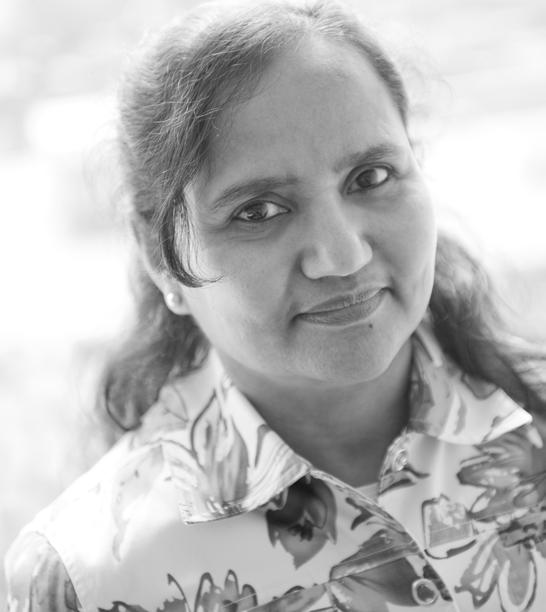
Vijaya Ramesh, PhD
(Massachusetts General Hospital) will leverage Synodos for NF2 data to test single and combination drugs in NF2- deficient meningioma models. Dr. Ramesh was one of the key investigators in the large-scale omics and drug screening studies conducted as part of the CTF-funded Synodos for NF2 project. Through this effort, Dr. Ramesh and her team identified several interesting drug targets in their cell model for NF2- associated meningioma. The current proposal builds on the rigor and strength of these published and unpublished discoveries, and will further test some of the targets and drug combinations identified previously. Success in these studies will provide a framework to pursue new avenues in NF2 and meningioma research for clinical care.
NF2 Accelerator Initiative Committee is a team of individuals deeply impacted by NF2. They are a dedicated group of NF2 patients, fathers, mothers, and grandparents committed to helping the Children’s Tumor Foundation drive research toward the discovery of treatments, and ultimately an end to the suffering of NF2.
Colorado Rockies Baseball Player Ian Desmond was honored as an NF Champion at the CTF 2019 National Gala, and serves as the Honorary Chair of this initiative. In 2012, Ian befriended South Carolina native Ethan Brown, who had been diagnosed with NF2.
Ian Desmond, Honorary Chair RB Harrison, Co-Chair John Morris, Co-Chair Nicola Kean
Brainin Tracy Galloway Edith Garrett Carol Harrison Matthew Hay Beth Hennessey Becky Irvine Lara Levine Roland Thoms
“Back in 2012, I connected with Ethan Brown, who lives with NF2. I wanted to help in any way I could. I know that working with CTF’s NF2 Accelerator Initiative is my opportunity to make a difference.”
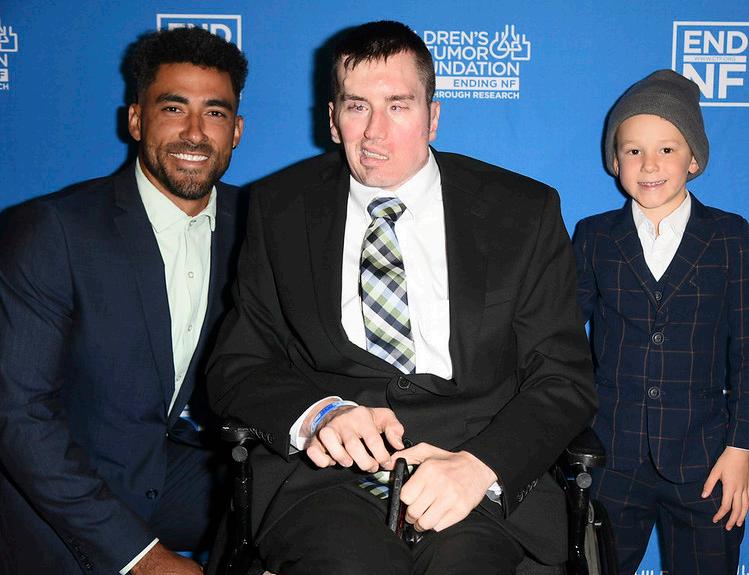
— Ian Desmond, Colorado Rockies Baseball Player and NF Champion

“NF2 doesn’t get a lot of attention despite it being relatively prevalent. The NF2 Accelerator Initiative is important because it shines a light on the work that CTF is doing for NF2 research, treatment, and advancement.” — Matt Hay, who lives with NF2
“Having a child with NF2 has opened my eyes and those of my family to the difficulty of attacking rare diseases. My hope is that we can find a way to slow the progression and ultimately eradicate NF2.”
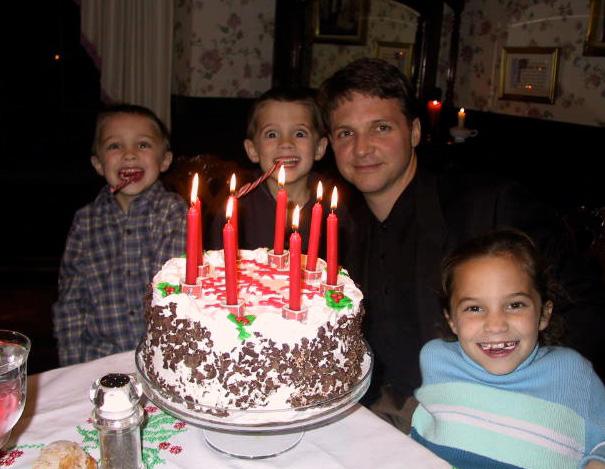
— John Morris, whose youngest son lives with NF2
“I believe much better treatments for NF2 are within our grasp TODAY. To reach that goal, it will take a rocksolid belief, within each of us affected either directly or indirectly, that better options are truly attainable. If you have NF2, or have a family member or friend with NF2, you are needed. You are part of the solution.”
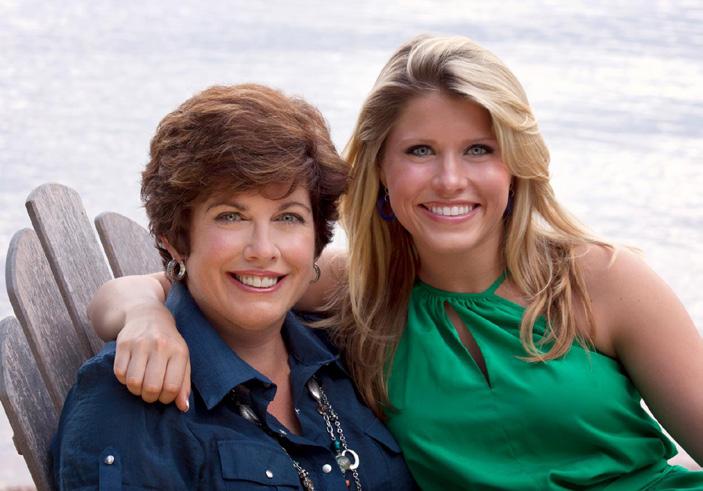

“We, like any parents, only want the best for our children and when something is wrong we try and fix it. Brian has NF2, so we are trying to fix it. It is that simple. We want to ‘fix’ it, for Brian, so NF2 is a distant memory.”
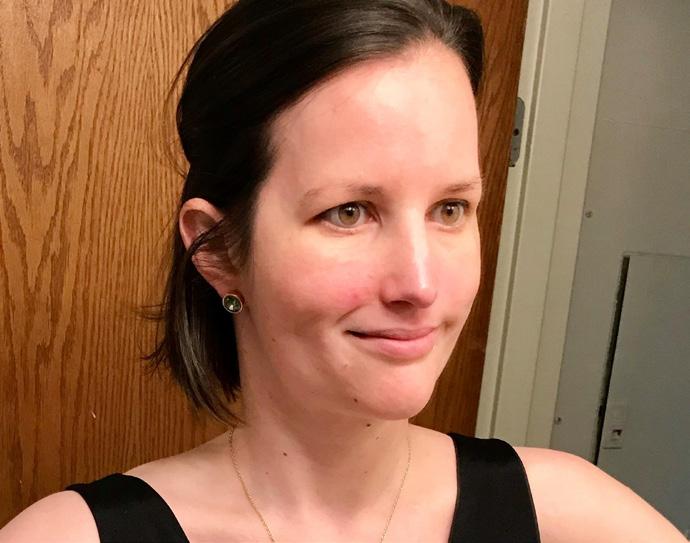
“Research has already had a positive impact on my quality of life, but there is a need for more. Initiatives like this give me great hope for the future, for myself and others affected by NF2.”
The Children’s Tumor Foundation is very excited to announce our global partnership with Healx, a leading technology company that will progress new AI (artificial intelligence)-derived therapies for neurofibromatosis. Healx’s primary mission is to advance new treatments for rare disease patients. It will combine its AI technology and drug discovery expertise with the disease data, networks, and patient insights of the Children’s Tumor Foundation’s R&D enabling platform in order to predict and progress new therapies for NF. Leading this effort is Simone Manso who joins Healx as Head of NF Strategic Partnerships. Simone also serves as a member of CTF’s Board of Directors and is the Chairman of CTF Europe. With this news from Healx, combined with the recent announcement from the FDA and AstraZeneca, we expect pharma and biotech interest will continue to grow, leading to more therapies for all forms of NF. New Partnership: Healx
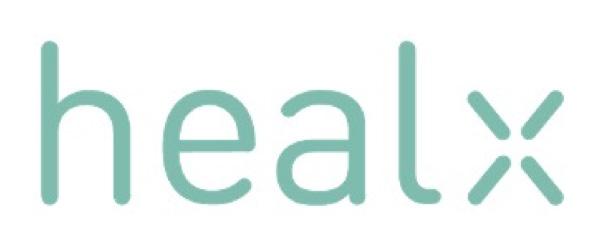
“Healx has the tech and pharmacology expertise, along with the ability to quickly move treatments towards patients, whilst CTF brings the strong NF know-how and patient, clinical and academic networks. Most importantly, both teams have a shared passion for striving to improve the quality of life for NF patients. I can’t think of a better partnership and I am honoured to lead this effort, which is personally, very close to my heart. This is where the magic can happen!”

- Simone Manso, Head of Neurofibromatosis Strategic Partnerships at Healx
Investments in LGG research to transform patient care: congratulations to Gilbert Family Foundation for sponsoring first-rate consensus workshop and gratitude to Synodos LGG donors
A paper published in the academic journal Neuro-Oncology by NF experts has demonstrated an increased understanding of low grade gliomas (LGG) occurring in children and adults with NF1. While the biology of LGG has become better known over the past decade, the complexities of these tumors have inhibited practical application of this knowledge to NF1- related LGGs, which can potentially impact close to a third of NF1 patients. According to Dr. Roger Packer, the Gilbert Family Foundation consensus conference held last year with NF1 and LGG experts was aimed at pulling together NF and low grade glioma experts to assess whether new therapeutic strategies could be developed for patients with LGG.
In response to the timing of the meeting, Dr. Packer said that, “the LGG Synodos teams, funded by CTF, had collaborated to analyze for the first time in NF history a large enough number of specimens to draw some important conclusions which probably will have implications in how LGG patients will be treated going forward.”
We would like to thank all the donors to the Synodos for LGG project, with special thanks to the lead funders Jim Bob & Laurée Moffett, Flashes of Hope, and CureNFwithJack. They believed in our audacious global collaborative projects and stepped up to fund this effort.
And, thanks to the Synodos teams who relentlessly work together to generate the data that will help NF patients, and who have made all data openly available on the CTF-funded NF Data Portal.
NF Tissue Biobank Moves to Indiana University Biorepository
The Children’s Tumor Foundation and the Developmental and HyperActive Ras Tumor Specialized Programs of Research Excellence (DHART SPORE) Biorepository at Indiana University have agreed to merge their NF tissue collections. The arrangement is a win-win, with CTF gaining an online inventory and a sustainable home for its tissue collection, and Indiana University expanding its collection of curated NFspecific tissue. The CTF biobank began its collection in 2013 with surgicallyremoved cutaneous neurofibroma. In 2014, strong interest from the NF community led to the establishment of a postmortem body donation program to bank tissue from patients with NF1, NF2, or schwannomatosis. This was accomplished in collaboration with the National Disease Research Interchange (NDRI), providers of a nationwide tissue recovery service. As CTF’s collection grew, it became clear that a full-time biobank manager was needed to run the project. CTF began looking for a partner that could provide this and found that partner in Indiana’s DHART SPORE. Under the new agreement, CTF will continue facilitating patient requests to donate tissue, while DHART SPORE will provide biorepository services. CTF will continue to have a voice in determining tissue usage. This new partnership is a fantastic move forward, allowing researchers and patients to work together to end NF.
2020 NF CONFERENCE Goes Virtual I n light of the global public health crisis related to the COVID-19 pandemic and, most importantly, in the interest of the health and safety of the entire NF community, CTF, along with its Board of Directors and this year’s planning committee, made the decision to cancel this year’s NF Conference which was to have taken place at the Loews Hotel in Philadelphia* from June 13 – 16.
While an in-person meeting is not possible given the current circumstances, there is still vital and timely information to share with the community. We will therefore be hosting a two-day, scaled down meeting in virtual format. This two-day virtual conference will be held June 15-16, 2020.
2020
VIRTUAL NF CONFERENCE June 15-16

Find out more at
ctf.org/nfconference
The meeting will kick off on Monday, June 15 with opening remarks by Dr. Francis Collins, Director of the National Institutes of Health. Throughout the two days, platform and poster presentations will be included in which the latest in NF research will be shared. In order to accommodate any late-breaking research, the abstract submission date has been extended to May 11, 2020. Further details regarding the meeting and registration will be posted to ctf.org/nfconference as they become available.
*We wish to thank the Loews Hotel in Philadelphia for working with CTF to postpone our stay with them until June 2022.
Re-Designed NF Registry to Open in May
Since 2012, the Children’s Tumor Foundation’s patient-driven Registry has served as a place for NF Heroes everywhere in the world to help advance knowledge of how NF affects people over their lifetimes. The Registry also emails participants about studies of possible interest, based on the symptoms they have reported. As of 2020, the NF Registry has contacted patients about more than 40 clinical studies and grown to over 9,700 members. be transferred to the new system • With your consent, the Registry will continue to notify you of clinical trials or studies that match with your symptoms • With your consent, de-identified information will be available to qualified researchers to help speed up treatment development • The Registry will provide a secure, privacy-protected system for accumulating patient-entered data about NF symptoms and experiences.
Interest in this resource is growing even stronger as treatments advance. With this in mind, CTF decided to invest in a new platform called OpenApp that will make participation easier while expanding the registry’s functions.
FOR REGISTRANTS:
WHAT IS STAYING THE SAME? • The website will remain
nfregistry.org
• Information you previously entered will
WHAT WILL BE DIFFERENT? • Your email address will be your new username (your password is the same) • We will ask you to read the new patient consent material and agree to participating in the new platform • Your user experience will be enhanced by upgraded system speed and streamlined surveys.
Questions? Contact us by email at nfregistry@ctf.org
NF Clinic Network Expands to 63 Clinics
The CTF Clinical Care Advisory Board has recently accepted six new NF clinics into the NF Clinic Network (NFCN) in various areas of the country. All newly approved clinics provide adult care, and a few see both children and adults. There are now 63 clinics in the NFCN.
New clinics include: • Swedish Medical Center in Seattle, Washington • Froedtert and Medical College of Wisconsin in
Milwaukee, Wisconsin • UF Health Neuromedicine Hospital in Gainesville,
Florida • University of TX/MD Anderson Cancer Center in
Houston, Texas • Wake Forest School of Medicine in Winston
Salem, North Carolina • Randall Children’s Hospital at Legacy Emanuel in
Portland, Oregon
For more information go to ctf.org/doctor, where each clinic has a link to access specific details, including type of NF seen, number of patients, areas of specialty, and any involvement in NF research.


